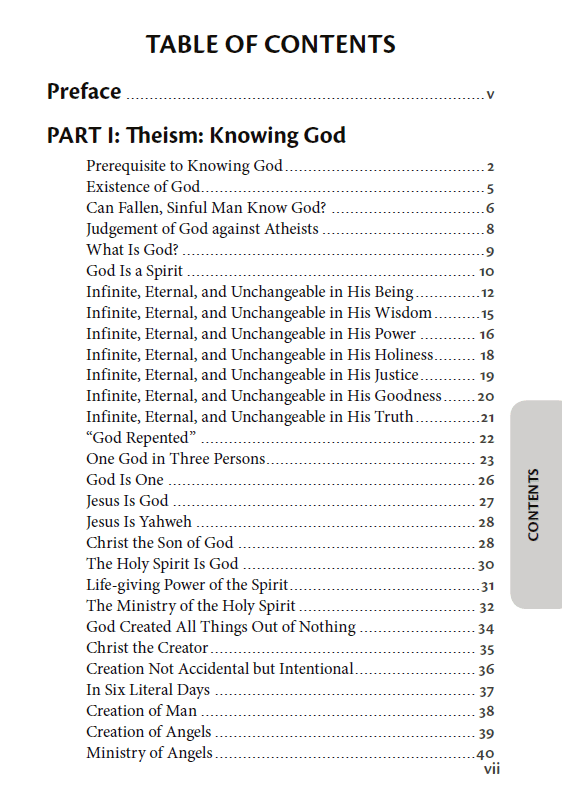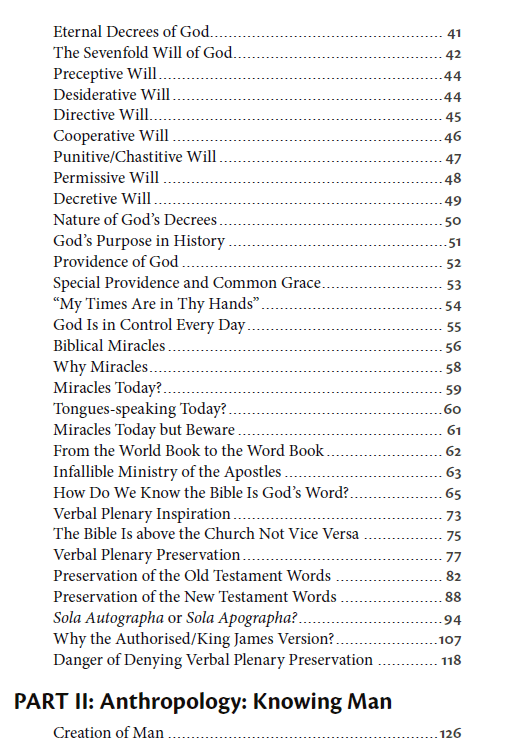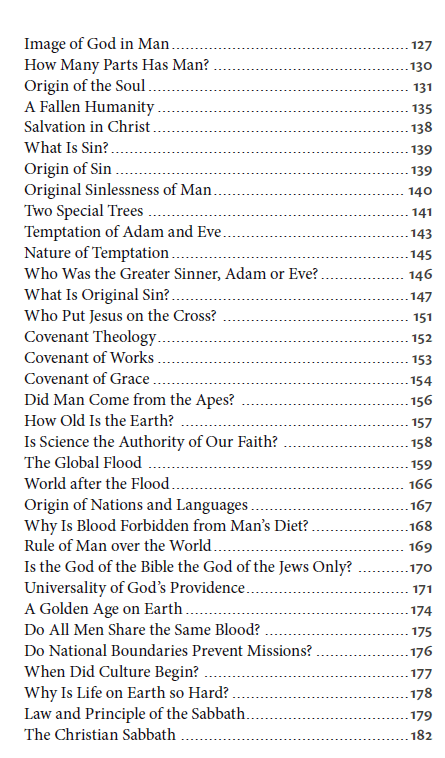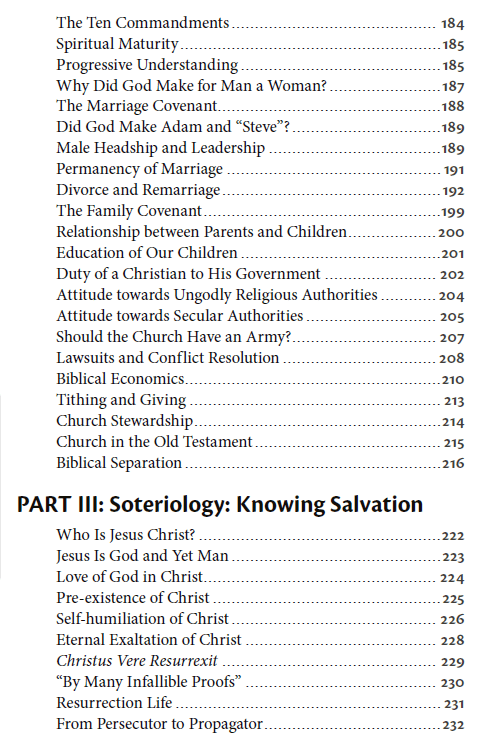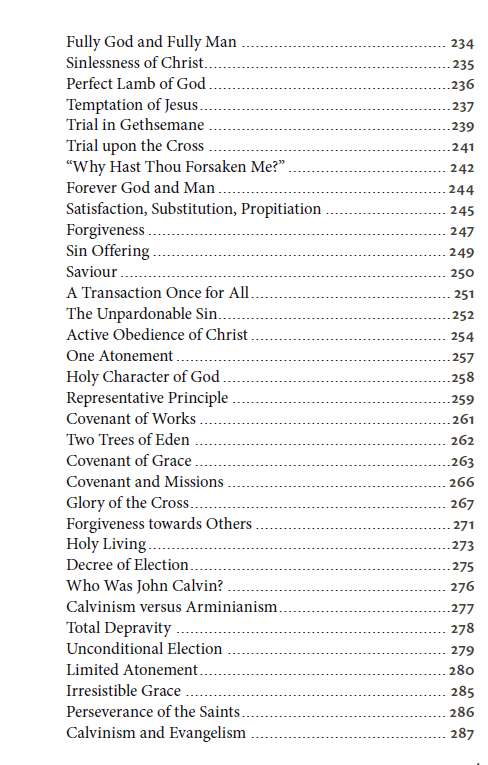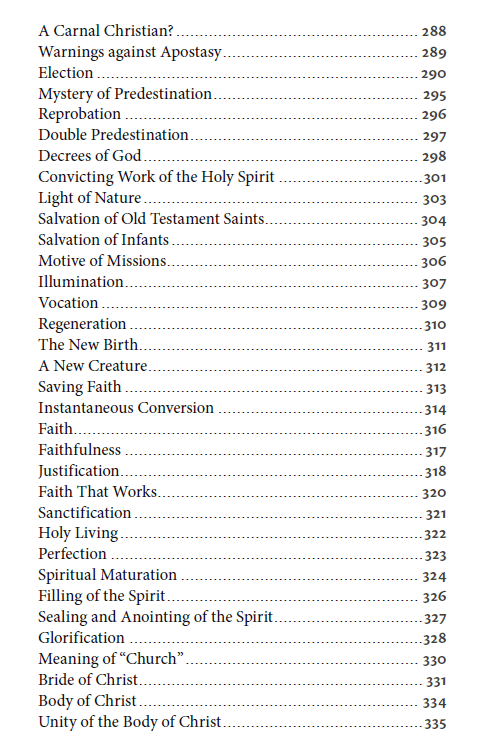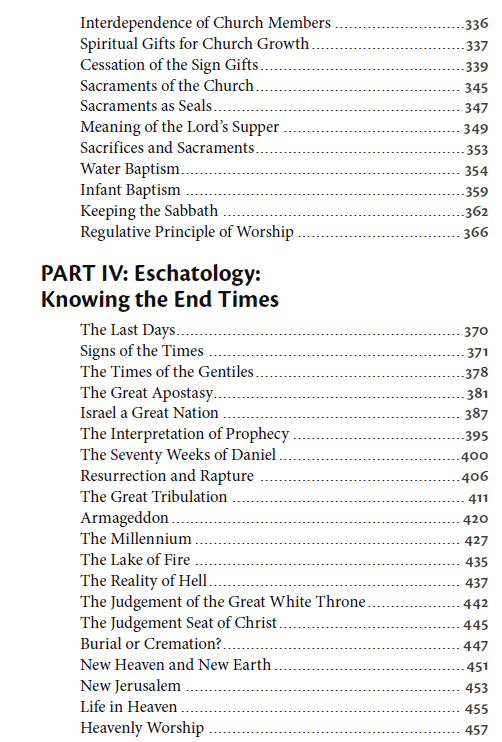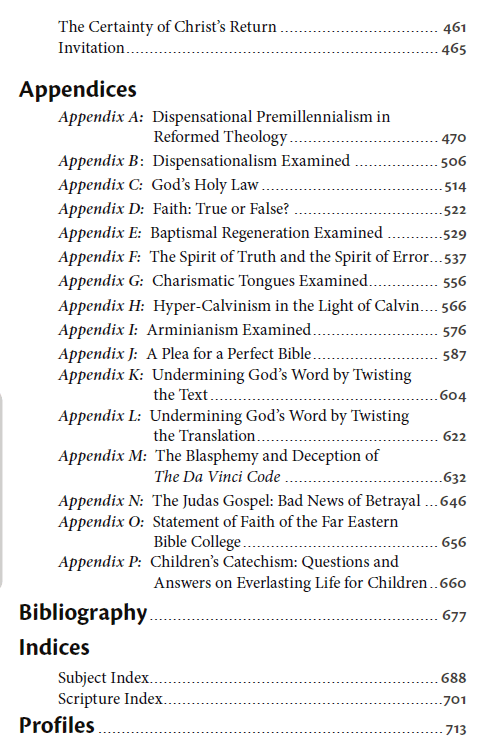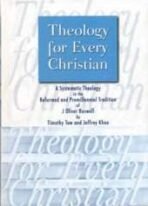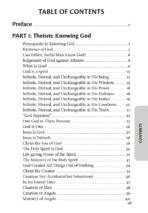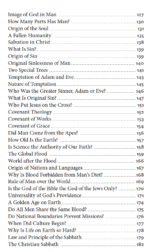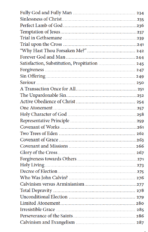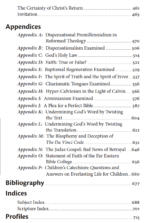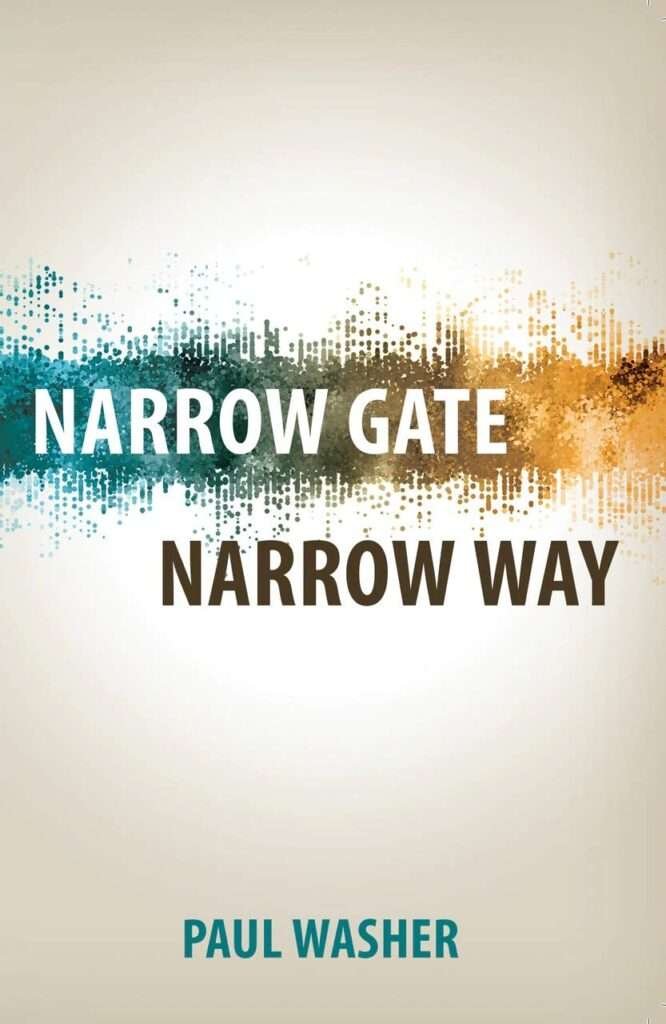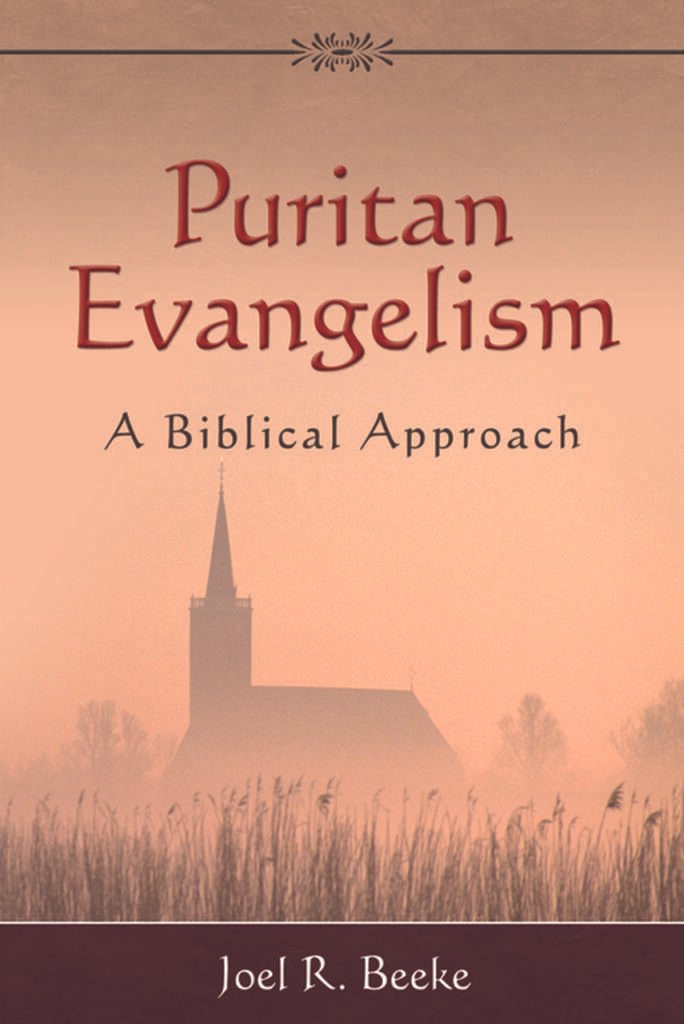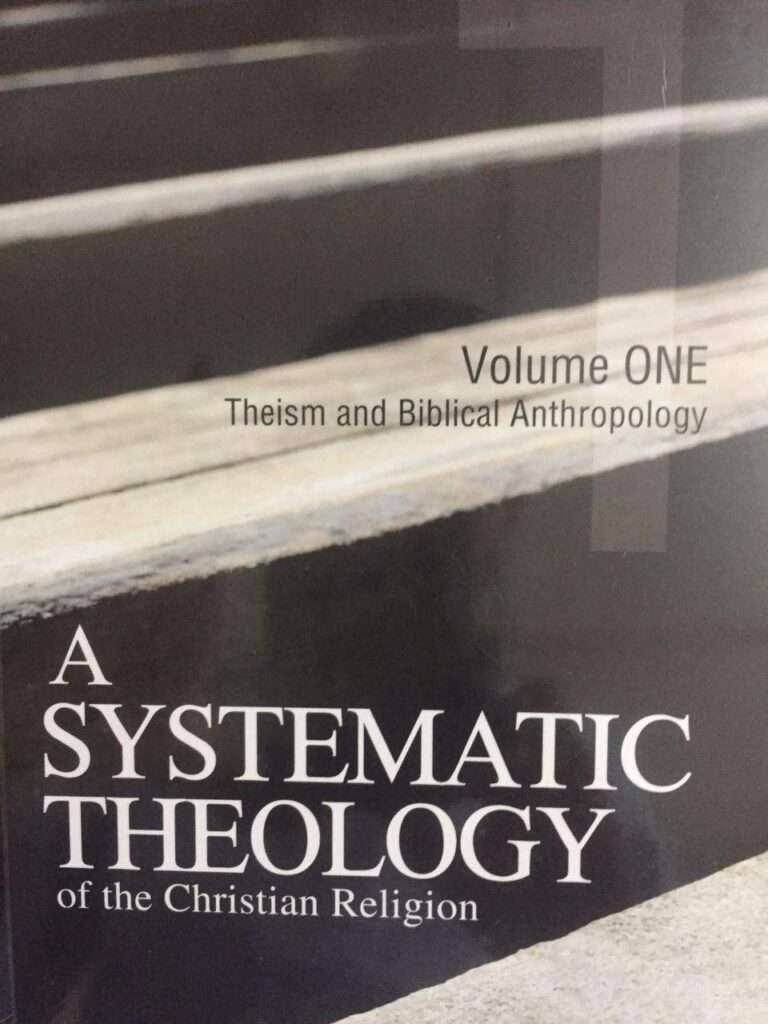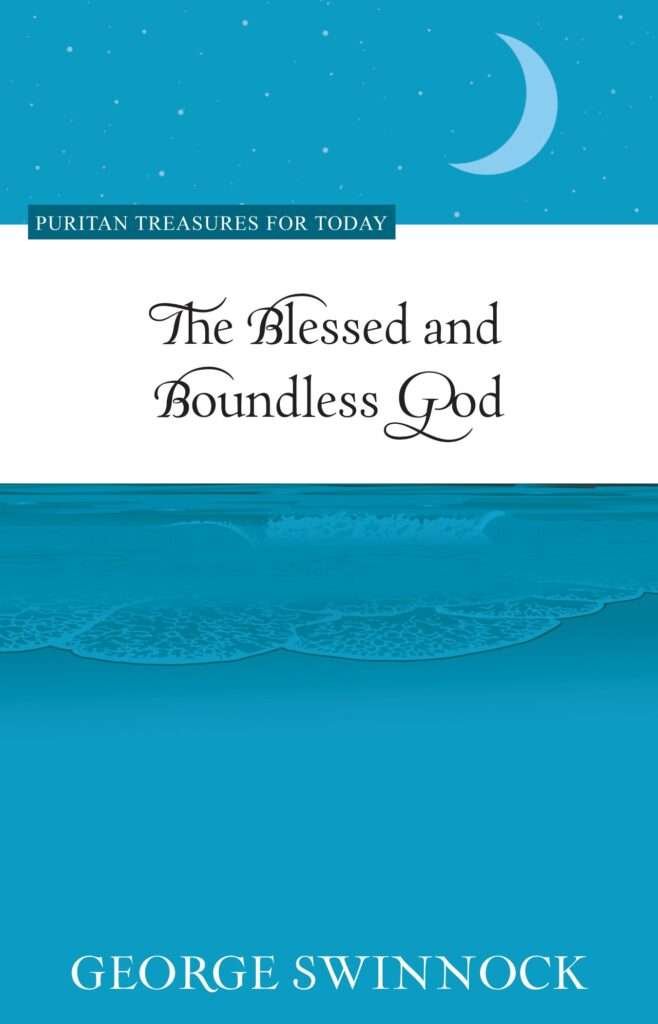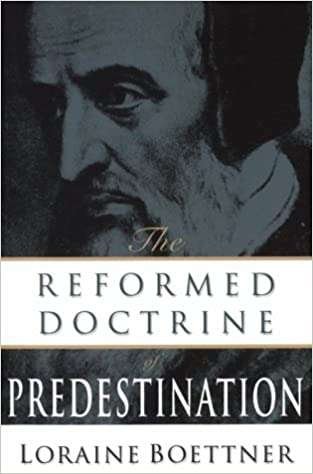There are many textbooks on Christian theology but J Oliver Buswell’s Systematic Theology published in 1962 by Zondervan is, as far as we know, the only one that expresses a Reformed and yet Pro-Israel Premillennial system of theology.
The Bible Presbyterian Church as founded by Carl McIntire in 1937 is the ecclesiastical representative of the Reformed and Pro-Israel Premillennial system of theology. Timothy Tow, the father of the Bible-Presbyterian Church and movement in Singapore and Southeast Asia, studied Buswell’s Theology under Buswell himself at Faith Theological Seminary (1948-50), and Jeffrey Khoo in turn learned it from Tow at the Far Eastern Bible College (1985-9).
Excerpt from Foreword
Besides Calvin and his Institutes, Buswell—our teacher and grand-teacher—has been our guide in the Reformed tradition, and we hereby acknowledge his contribution herein. But let it be known that the Holy Scriptures are the rock foundation of our studies, and the sole and supreme authority of our faith and practice.
Satan hates God’s Word, and from the beginning has tried to undermine it. This he did by demoralising our first parents, “Yea, hath God said?”, and they succumbed. The theologians before us have done well in declaring the Bible to be verbally and plenarily inspired, infallible and inerrant. This has confirmed our faith in the Scriptures. But in order to spoil us again, Satan tries to erode the foundation of our faith by subtle new tactics. This he does by questioning the verbal and plenary preservation of the Holy Scriptures, casting doubt on the text of Holy Scripture through Westcott and Hort. He cunningly contrives rules for interpreting, yea, rather misinterpreting, Scripture which he hides under a big word “hermeneutics”, and “historical criticism”, and “textual criticism”. Last but not least, he twists the meaning of Scripture, right and left, by a new method of translation called “dynamic equivalence”. In order to unmask Satan’s masquerading, this book is not only didactic but also polemic, in obedience to the apostolic injunction, “that ye should earnestly contend for the faith which was once delivered unto the saints” (Jude 3).
Reformed Theology is known for its emphasis on the sovereignty and faithfulness of God. On this account, this book does not shun to teach the special providence of God in preserving (1) the inspired words of the Holy Scriptures in the Hebrew Masoretic Text and the Greek Textus Receptus on which the Reformation Bible—the Authorised/King James Version—is based, (2) the Church universal comprising all the elect who have been redeemed by the precious blood of Jesus Christ, and (3) the chosen nation of Israel which will see greatness when Christ returns to rule on this earth for a millennium.




